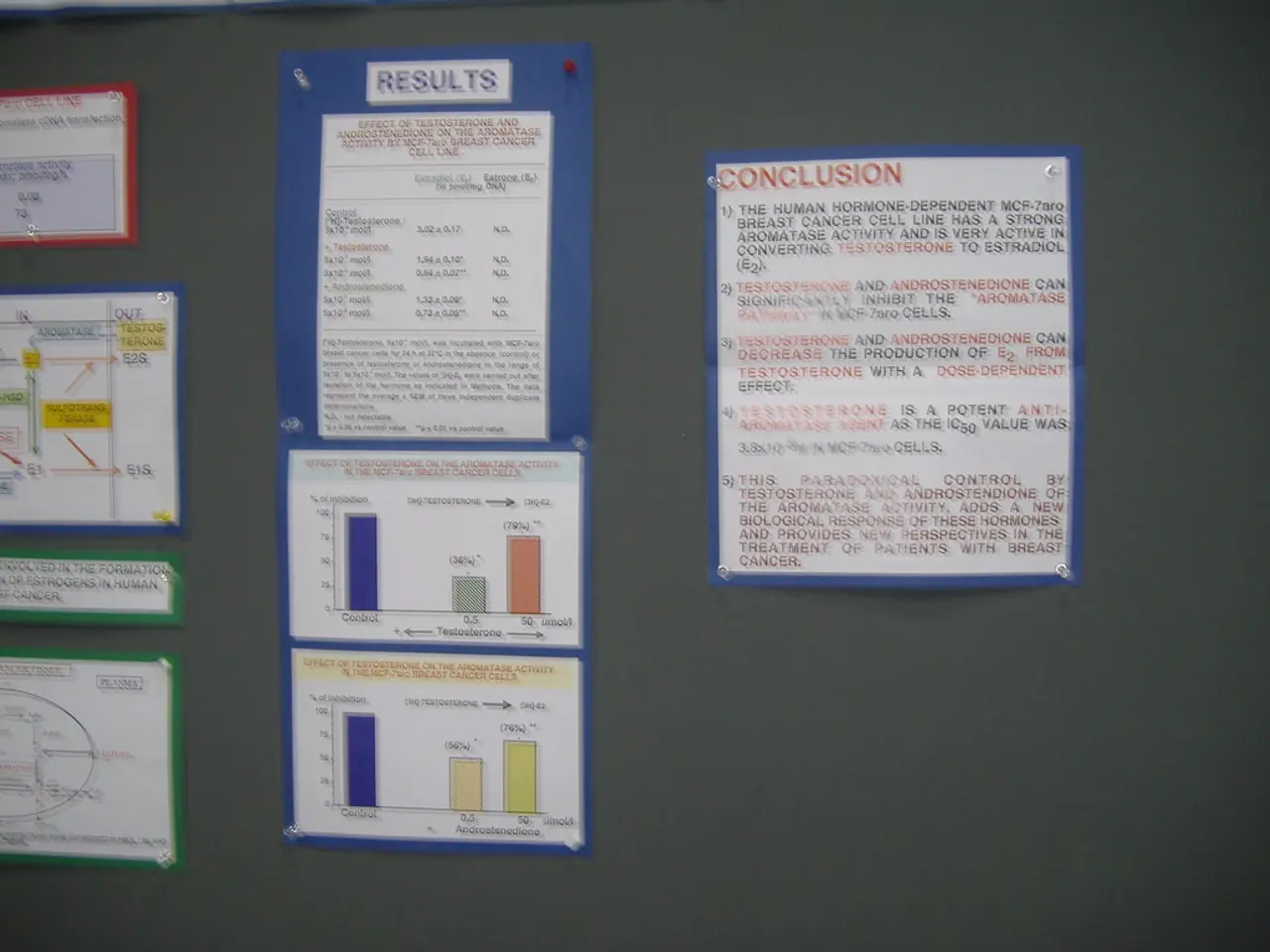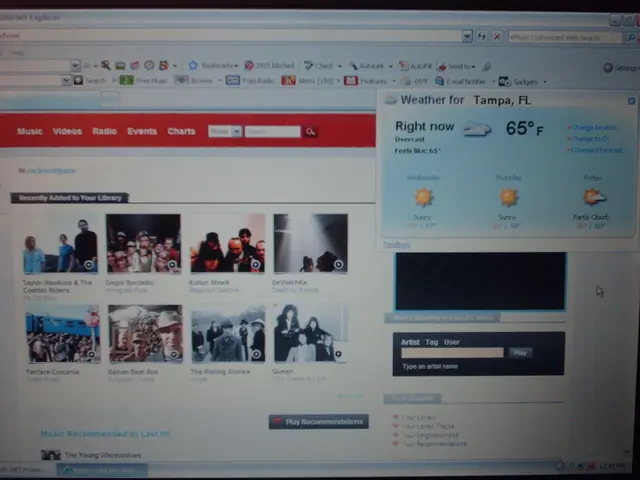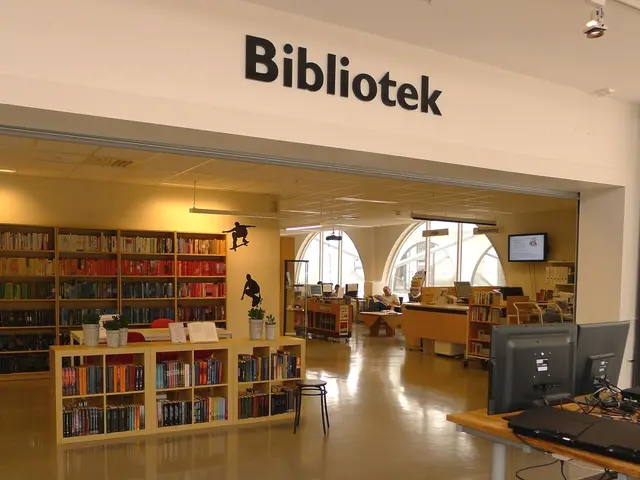Strategies for Crafting Winning Grant Proposals
In the world of funding, a well-crafted grant application can make all the difference. Here's a comprehensive guide to help you navigate the process, ensuring your project stands out.
1. Project Justification
The heart of a compelling grant application lies in its ability to convincingly justify the project. Explain why the project needs funding, the problem it addresses, and how it fills a gap or solves a specific issue. For research grants, justify how the funding will help validate and de-risk the innovation or business opportunity to increase chances of success.
2. Objectives
Clearly define measurable and achievable objectives that align with your project’s vision. Objectives should be concise, focused, and correspond to key deliverables. Funders like NIH emphasize “Specific Aims” where each aim is a clear goal the project seeks to accomplish, forming the foundation for the entire grant proposal.
3. Timeline/Schedule
Provide a realistic project timeline that includes milestones, deliverables, and go/no-go points if applicable. Organize phases of work sequentially, anticipate risks, and include plans for monitoring progress. Timelines should reflect when key outcomes will be achieved and allow room for adjustments. Funders appreciate detailed schedules that show careful planning and accountability.
4. Budget
Develop a detailed, transparent budget that justifies all requested funds, matching them to project activities and timelines. Include direct and indirect costs, any matching or in-kind contributions, and ensure budget items are realistic and allowable per the funder’s guidelines.
5. Community Support and Engagement
Demonstrate evidence of community involvement and stakeholder engagement to strengthen the credibility and impact of your project. Include letters of support, partnerships, or descriptions of how you will engage beneficiaries and stakeholders throughout the project lifecycle. This shows that the project is community-driven and more likely to succeed and be sustainable.
Best Practices
- Follow clear, transparent application guidelines tailored to the grant making agency’s focus and expectations.
- Streamline the application to avoid overloading reviewers with unnecessary detail, while providing enough evidence and documentation to justify your project.
- Write the grant application in a structured, logical way starting with a strong summary or specific aims followed by a comprehensive but concise project description, timeline, and budget.
- Use tools like Grant Management Software to manage submission and reporting efficiently.
In summary, successful grant applications balance clear, data-driven justification, precise and measurable objectives, planned timelines with milestones, realistic and well-justified budgets, and demonstrated community support, all aligned to the funder’s criteria and application process.
Remember, deadlines are usually inflexible and applications submitted past the deadline will not be considered. The budget should account for inflation at the time of expenditure. Samples and checklists included in the application should be used if provided. Community support is essential for a successful project, and engaging local individuals, organizations, and decision-makers can help secure matching funds, letters of support, and in-kind donations.
The project timeline/schedule should include the planned start date, activity, responsible party, completion date, milestones, and deliverables/products. Only items covered by the grant funds should be included in the budget, and a miscellaneous or contingency category should not be included. Project objectives will be used as criteria for evaluation if selected for funding. Proposals should be clear, concise, and establish major points without unnecessary complexity.
Before submitting your application, read the grant application guide entirely and follow it carefully. There is a distinction between goals and objectives, with objectives being measurable and performance-related. Scoring criteria should be addressed in the application. Grant coordinators and district/state/regional representatives can provide assistance and guidance in the application process. Grant funding is competitive.
1. Personal Growth and Education-and-Self-Development
Applying for a grant can provide an excellent opportunity for personal growth and self-development, as well as education-and-self-development, by learning the intricacies of project planning, budgeting, and community engagement.
2. Career-Development
Successfully securing a grant can greatly contribute to career-development by showcasing one's ability to lead a project, manage finances, and navigate the competitive funding landscape, thereby increasing the chances of future funding opportunities.






